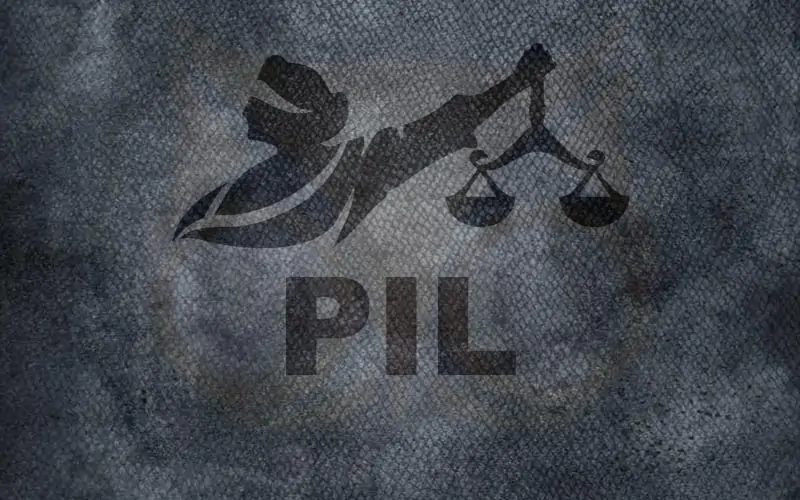Max Weber Theory of Domination and Types of Legitimation.

Max Weber Theory of Domination:
Domination refers to a power relationship between the rules and the ruled. In any kind of established authority, there exists a number of beliefs that legitimizes the exercise of power in the eyes of the leaders and the led. The other important element in this approach is the notion of the administrative apparatus.
Domination when exercised over a large number of people necessitates an administrative staff which will execute demands and serve as a bridge between the ruler and the ruled. The beliefs about legitmation and the administrative apparatus constitute the two important criteria for the Weberian construction of typology of domination.
Weber identified three types of Legitimation
Charismatic Domination:
Charisma literally means gift of grace. By virtue of possession of charisma or an exceptional quality, a hero or a leader casts a spell over his followers, who accept his domination because of their faith in the person.
In such type of domination, the administrative apparatus is very lose and unstable. It usually consists of the most faithful followers or disciples who play the role of the intermediary between the leader and the followers.
Traditional Domination:
The legitimation in this form comes from the belief in the goodness of the past, in the appropriateness of traditional ways. of doing things. This kind of patrirnonial authority receives ready obedience because of a peculiar faith in traditional status and personal loyalty to the dominant person:
The administrative apparatus in this kind of domination would consist of the personal retainers, servants and relatives. Under feudal system, the feudal lords, interposed between the king and the people, constituted the administrative apparatus.
Also read | Liberal Perspective of Property
Legal Domination:
Legitimation of legal type of domination is based on the belief in the rightness of law. People obey the laws because they believe that these are enacted by a proper, objective procedure. The typical administrative apparatus corresponding to this kind of domination is bureaucracy.
The position of the bureaucrat, his relations with the ruler, the ruled and his colleagues are regulated by impersonal rules. These rules delineate in a rational way the hierarchy, the rights and duties of every position and the methods of recruitment, promotion and other conditions of service.
Also Read
- Close System Approach of Organization
- Aristotles Theory of Citizenship
- Max webers concept of bureaucracy





